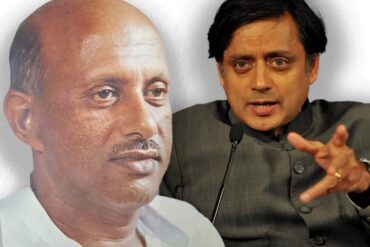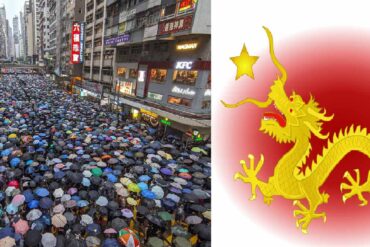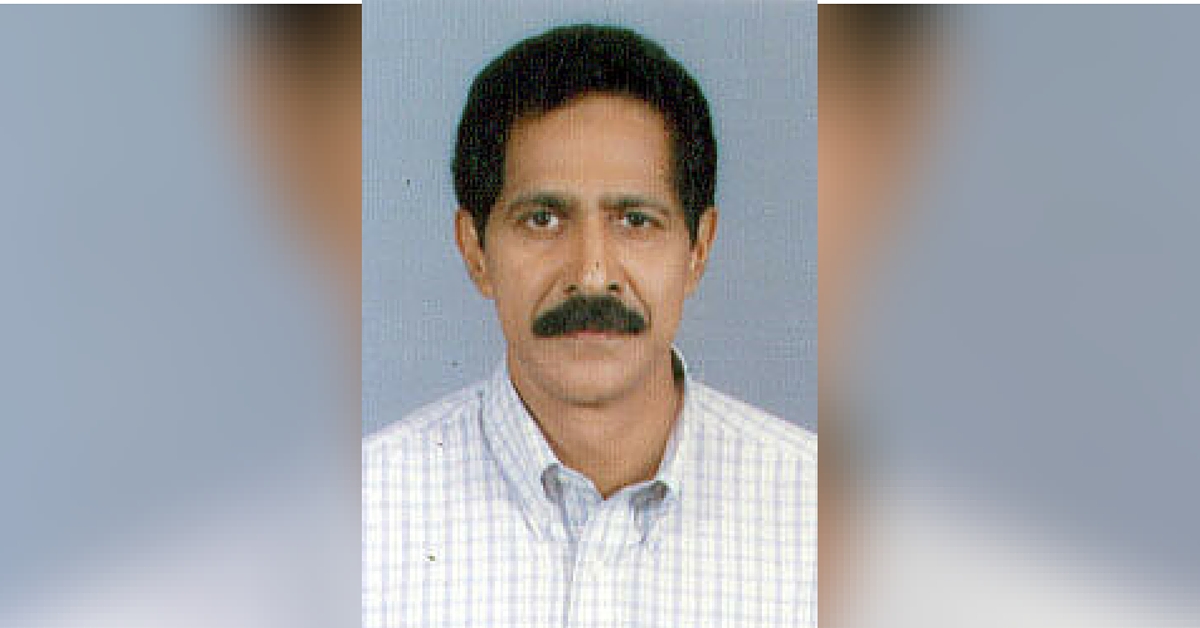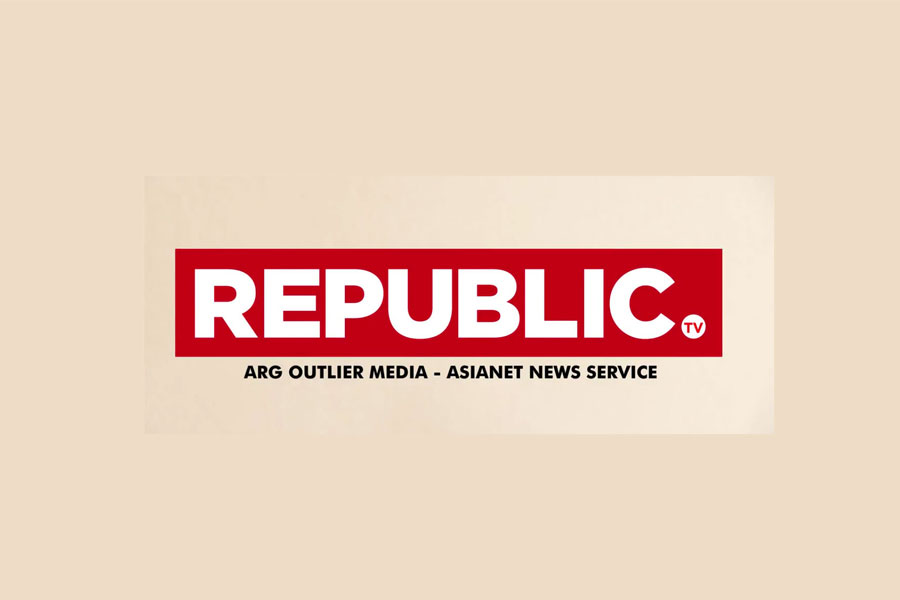In a major turning point in the history of the Right to Information (RTI) Act, Chief Information Commissioner (CIC) Vinson M. Paul has ruled that all cabinet decisions should be provided under the RTI. For a government, which has decided only to face the media once a month, even though the cabinet continues to meet, the decision of the CIC is a major blow to its “strictly official” cabinet meetings.
Adv. D.B. Binu, General Secretary, Human Rights Defence Forum, who filed an RTI, was denied the details of the cabinet decisions dating from February 1, 2016. The General Administration Department declined the request and said the information sought by the applicant through RTI cannot be given, because it is impossible to classify cabinet decisions, as some do not come under the Act. The department also mentioned that the decisions can only be revealed once it is implemented and the information should be taken from the respective government departments to which the files have been sent. Only such departments would know the current status regarding the same.
Countering the General Administration Department’s arguments, the RTI activist told the CIC that the government and a few ministers are misguiding the public and media by providing false information regarding the cabinet’s decisions. In this way, the government tries to help businesses and certain individuals, he claimed. The applicant also mentioned it is the right of citizens to know about the decisions taken by the cabinet. He added that the Secretarial Manual also mentions that orders must be taken within 48 hours after a cabinet decision.
The CIC observed that such a move by the government cannot be appreciated and the applicant should be given the details he asked for within a 10-day period. He also added that the government should consider taking necessary steps to publish the cabinet decisions on the official website also.
The Left Democratic Front has only addressed the media once after the cabinet meeting in May. Chief Minister Pinarayi Vijayan’s decision to put a stop to the practice of addressing the media after every cabinet meeting has already raised eyebrows.
Another noteworthy factor is that when the LDF was in the Opposition, it raised slogans against the move of the then government led by Oommen Chandy, against not including cabinet decisions under the purview of the RTI Act. A contradictory stand has been taken by the LDF now.
This move by Mr. Paul can be viewed as a token of appreciation to the former United Democratic Front (UDF) government. Mr. Paul, the former Director General of Police, was the nominee of the UDF to the post of CIC. When he was serving as Vigilance Director, he was involved in a controversy for asking the officer in-charge, Superintendent of Police, R. Sukeshan, in the bar bribery case, to not file a charge sheet against K.M. Mani, the then Finance Minister .
The obvious question that comes to mind is that if the UDF was in the power would Mr. Paul have come up with the same order? Maybe, the answer should be given by the man in focus himself.
Order of State Information Commission by The Kochi Post
Main photograph taken from Kerala State Information Commission’s website.







